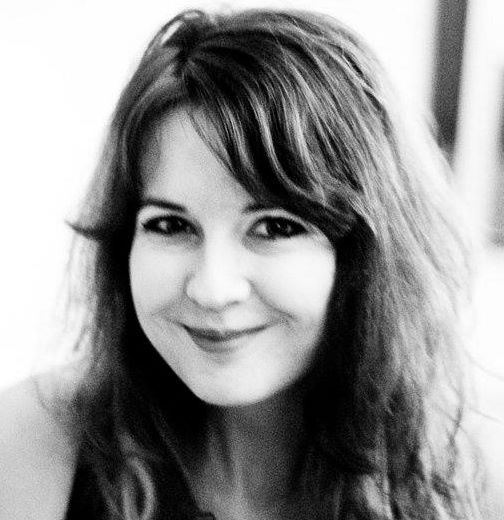
Most people with eating disorders are amazing liars. Not something to put on the CV and not something many of us would say we are proud of, rather a skill we have developed and honed over the years to protect ourselves and others from knowing the truth about our illness.
Eating disorders can start at any age. You could be a 7-year old girl, as I was, hiding my packed lunches, a 15-year old boy, over-exercising in secret, a young parent cooking for kids but not feeding themselves, or an older person – I was in hospital with a 68 year old bulimic – they struggle too. Whatever age and whatever the circumstance, we have one thing in common and that is that we’ll all have had times when we have felt we had to lie to cover up and hide what we are or are not doing. I’ve lied to family, friends, boyfriends, nurses, teachers, consultants, psychologists – pretty much everyone. I sometimes still do, as though it’s some kind of knee-jerk reaction and I hate that, trust me.
They say that honestly is the best policy, and I completely believe it, but when we’re talking about eating disorders – whether it’s about spotting them, approaching someone you’re worried about, or treating them – it’s worth remembering that for many of us, our first reaction is to lie, or at least attempt to hide the truth.
“How are you?”
“Fine.”
That’s the main one, but most people answer that way everyday, however they’re feeling, because it avoids that thing that we’re all scared of: talking about feelings. It’s easier to lie and say we’re fine when we’re not. So please don’t judge or get angry at people whose illness, or fear of the surrounding stigma, makes them lie, because we all do it, all the time. Lying is unfortunately part of having an eating disorder – but there are perfectly understandable reasons behind why we lie, so to an extent, the best approach is to accept that and work with it.
It’s hard to know how to support someone with an eating disorder
Eating disorders are a beast, and when someone you love or care about or work with is suffering, it’s hard enough to address the thing in the first place, never mind having to try again and again after being told ‘I’m fine’, ‘stop asking’, ‘I’m just tired’ or whichever one of the long list of comebacks you’re met with. It’s often described as walking on eggshells: I know that my parents felt that way, scared to ask me anything or suggest anything for fear that I’d snap, get angry, upset and do something to hurt myself more. This is one of many reasons why eating disorders often go untreated for so long – we push away help because we tell ourselves we don’t need it, or don’t want it. But with gentle persistence and patience, concern will be acknowledged one way or the other; once we’ve used every excuse or lie in the book, we know how transparent they become. That’s when you can get through, and hopefully go on.
The sad truth is that lying is one of many obstacles that come between eating disorders and treatment and that possibility of recovery. More often than not, the last person to acknowledge they have a problem is the individual who has the eating disorder: the nature of their illness swears them to secrecy and silence.
Changing attitudes will make it easier to talk
Nobody can force a person to admit they have an eating disorder, but I believe that one of the ways we could bridge the gap between illness and recognition is to change our attitude to them. There is still an enormous amount of shame and stigma attached to eating disorders. For some, anorexia is vanity, bulimia is disgusting, over-eating is greed, and everything in between can’t be that much of a problem if it’s not killing you.
There isn’t a whole lot of empathy for people who can’t control their eating – they see the psychical signs but they have no idea of the mental torture that people with eating disorders live with day in, day out. We hide and lie because, a lot of the time, we feel ashamed of our illness. We feel that we should be able to control it. We feel that some of the lengths we go to are indeed, disgusting or selfish or unacceptable. We feel that we can’t be open and honest about our illness for fear of what the reaction will be. Will they believe us? Will they take it seriously? Will they think I’m doing it for attention? Will they be ashamed of me? Will they think I’ve let them down? Will they tell me to pull myself together? Will they never trust me again if I admit I’ve been lying all along? So many questions, such a risk. And that is why so many stay silent.
We lie not because we are awful human beings, but because we are scared and feel trapped. We lie and sometimes hope that you will see through it. We lie to protect ourselves and to stay wrapped up in an unimaginably powerful illness.
I’m sorry for the times I’ve lied, but the less stigma there is around eating disorders, the less ashamed people will feel and hopefully, in time, it will be easier to simply tell the truth without all those questions. It’s good to talk, but only when it’s safe to talk. Let’s work towards that.
What do you think of Ilona’s blog? Tell us in the comments.
(c) Time To Change – Eating disorders – Read entire story here.